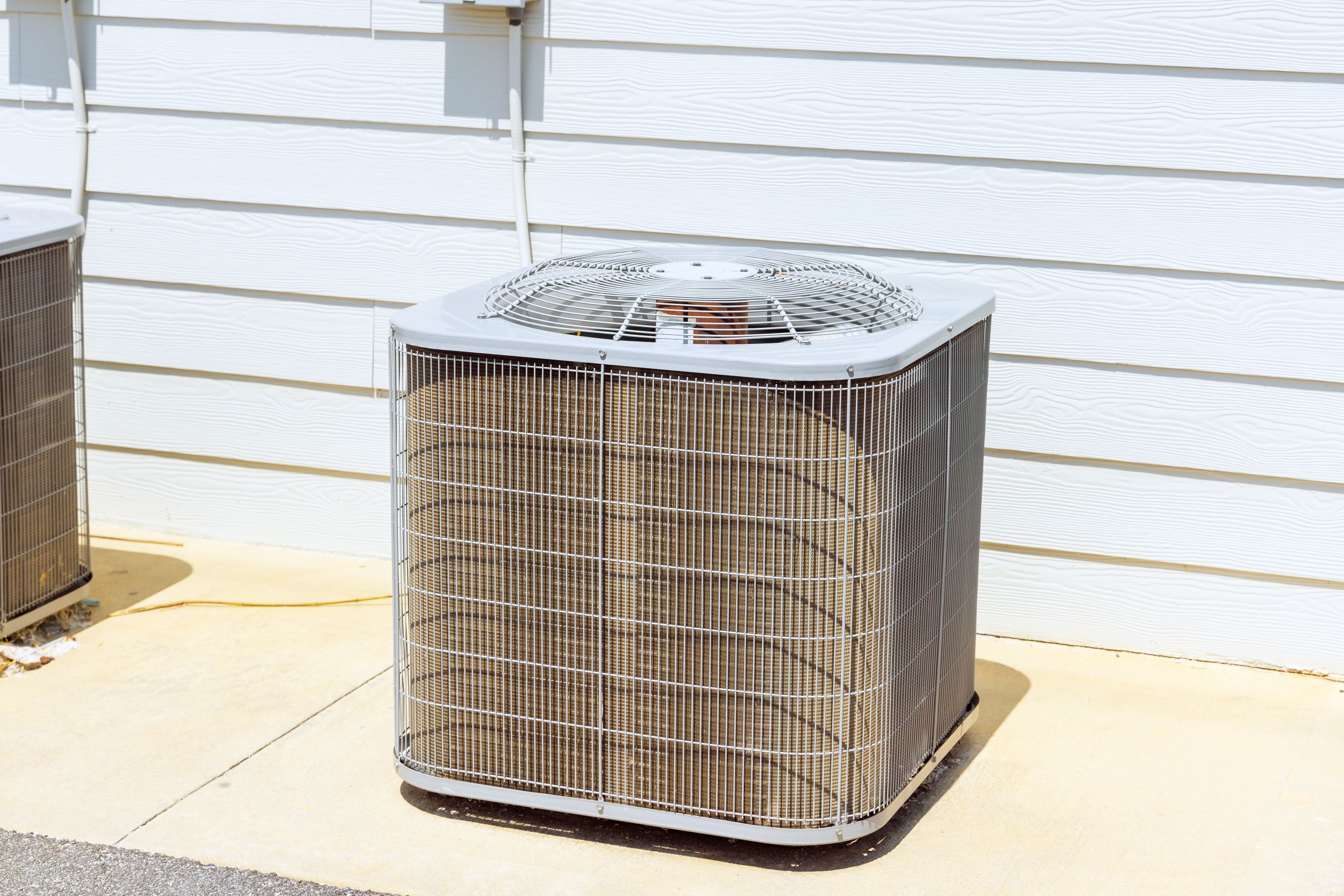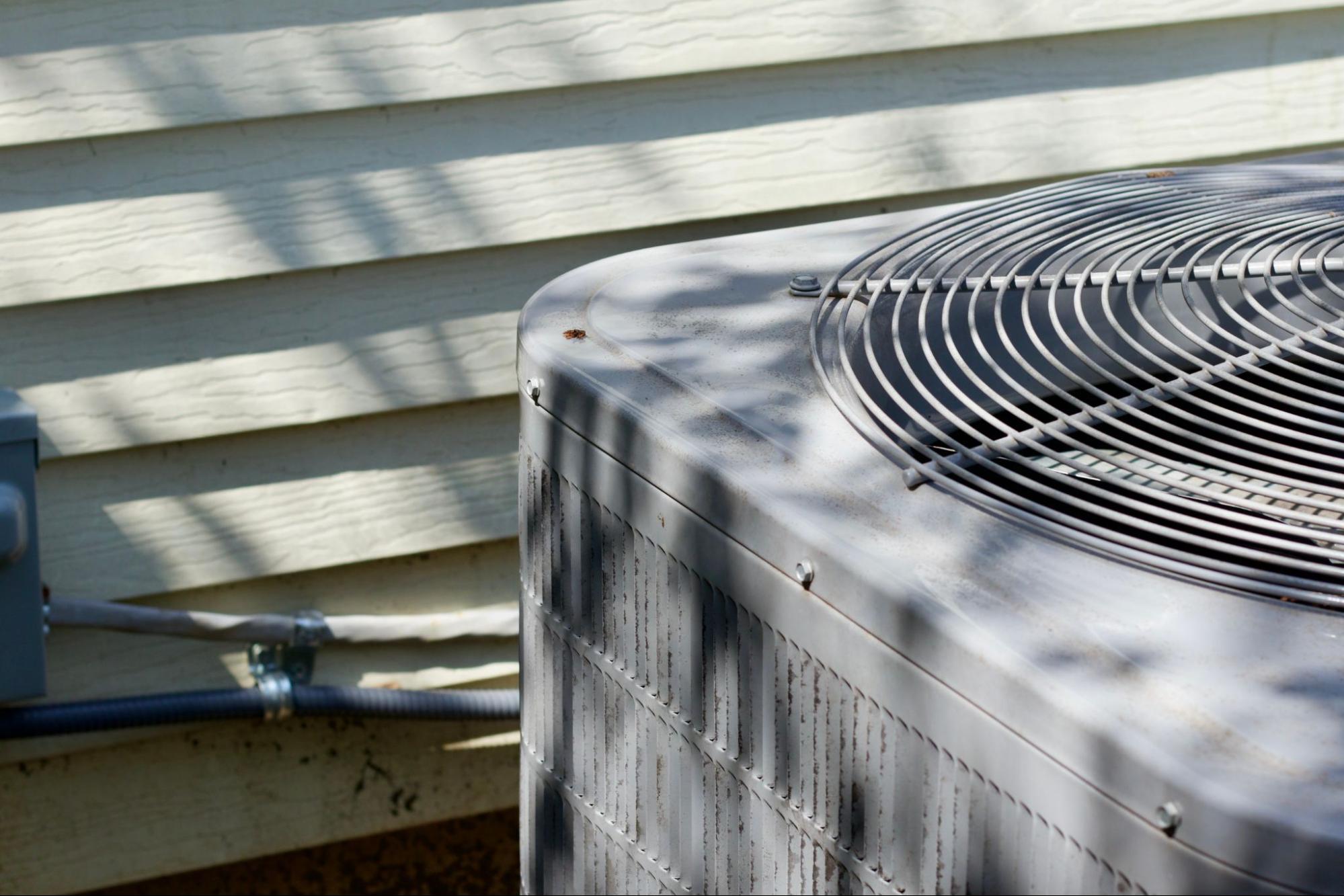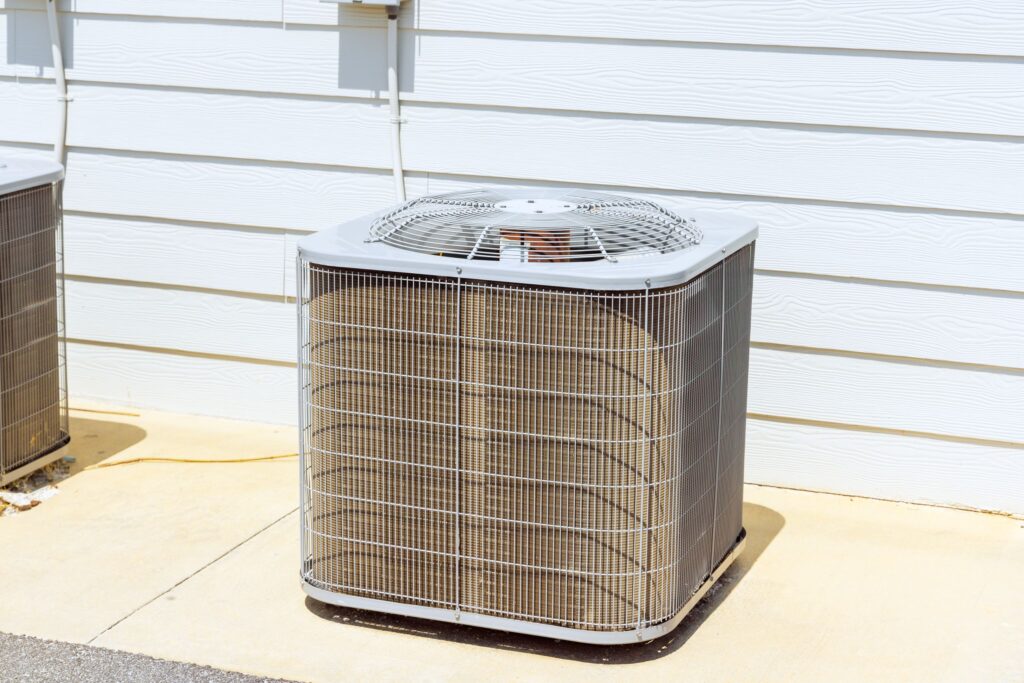
If your AC unit in St. Clair County seems to struggle more with each passing summer, you’re not imagining it. The local climate plays a massive role in how long your air conditioning system will last—and how often you’ll need AC repairs. Between heat stress on HVAC systems, unpredictable storms, and high humidity levels, your cooling system works hard just to keep up.
At S&P Heating, we’ve seen it all—from units choked with pollen to worn-out condensers fried by the sun. In this guide, we’ll break down how St. Clair County’s weather impacts your AC unit lifespan and why regular, timely maintenance isn’t just a luxury—it’s a necessity. Let’s dive in.
Extreme Temperatures = Extra Stress on Your AC
When it’s pushing 95 degrees with a humidity level to match, your AC has to run longer, harder, and more frequently to keep your home cool. That means components wear out faster, especially your condenser fan, compressor, and internal wiring.
This is known as heat stress on HVAC systems, and over time, it shortens your unit’s lifespan considerably.
What You Can Do:
- Schedule seasonal AC service before summer hits
- Shade your outdoor AC unit to reduce heat exposure
- Don’t constantly adjust the thermostat—set it and forget it!
Humidity and Air Conditioners Don’t Mix Well
St. Clair County summers can get sticky. And while your AC helps regulate indoor humidity, too much moisture in the air makes your unit work overtime.
High humidity can cause:
- Coil corrosion
- Frozen evaporator coils
- Increased likelihood of mold and mildew growth
Not to mention, if your system isn’t sized or serviced correctly, it won’t be able to keep humidity in check—leading to discomfort and higher electric bills.
What You Can Do:
- Change filters regularly to prevent filter clogging from pollen and debris
- Use a whole-home dehumidifier to assist your system
- Keep windows and doors shut during peak humidity hours
Seasonal Storms Bring Debris and AC Damage
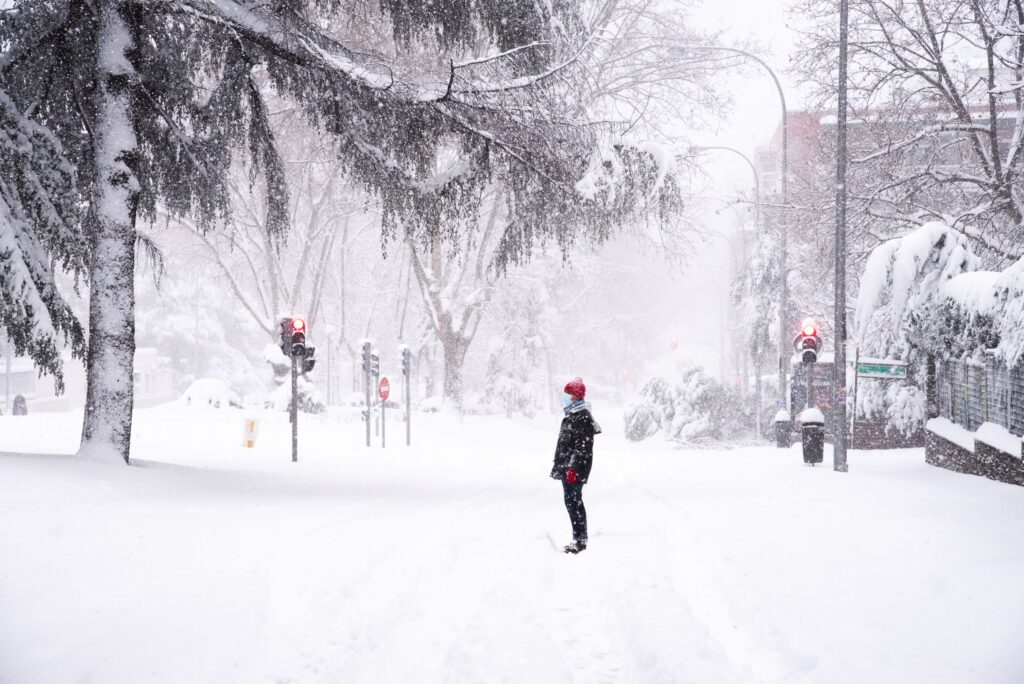
Heavy spring storms and windy fall weather can wreak havoc on your outdoor AC unit. Branches, leaves, and debris clog up the system and block airflow. Water from storms can also flood the unit or seep into electrical components, causing severe damage.
Over time, this leads to more frequent AC repairs and reduces system efficiency.
What You Can Do:
- Clear the area around your unit (at least 2 feet of space on all sides)
- Invest in a protective cover for winter
- Have your system inspected after major storms
Spring Allergens and Pollen: A Silent AC Killer
Did you know St. Clair County has some of the highest pollen counts in the region? All that pollen doesn’t just impact your allergies—it can also clog your system.
Dust, grass clippings, and airborne pollutants reduce airflow and lead to wear and tear on internal components. The result? A stressed system that’s losing efficiency fast.
What You Can Do:
- Schedule air duct cleaning every 1–2 years
- Replace filters monthly during allergy season
- Use high-efficiency filters to catch finer particles
Winter Isn’t Always a Break for Your AC
While your AC gets a breather in winter, fluctuating temps and freezing conditions can still do damage. Moisture can accumulate in unused components, and small critters might cozy up in your condenser unit.
The off-season is prime time for unseen damage to settle in, making seasonal servicing in spring absolutely critical.
What You Can Do:
- Shut off and cover the AC unit for winter
- Inspect the area periodically for signs of animal nesting
- Book a pre-summer tune-up in early spring
Proactive Maintenance = Longer AC Lifespan
Your AC is one of the biggest investments in your home, so treat it like one! Regular checkups help prevent minor problems from becoming big ones.
Here’s what we recommend:
- Twice-a-year inspections (spring and fall)
- Filter changes every 30–60 days
- Outdoor unit cleaning every season
- Duct inspections every other year
These steps extend your AC unit’s lifespan, keep your energy bills lower, and reduce the need for emergency calls.
Call S&P Heating for Reliable AC Repairs in St. Clair County
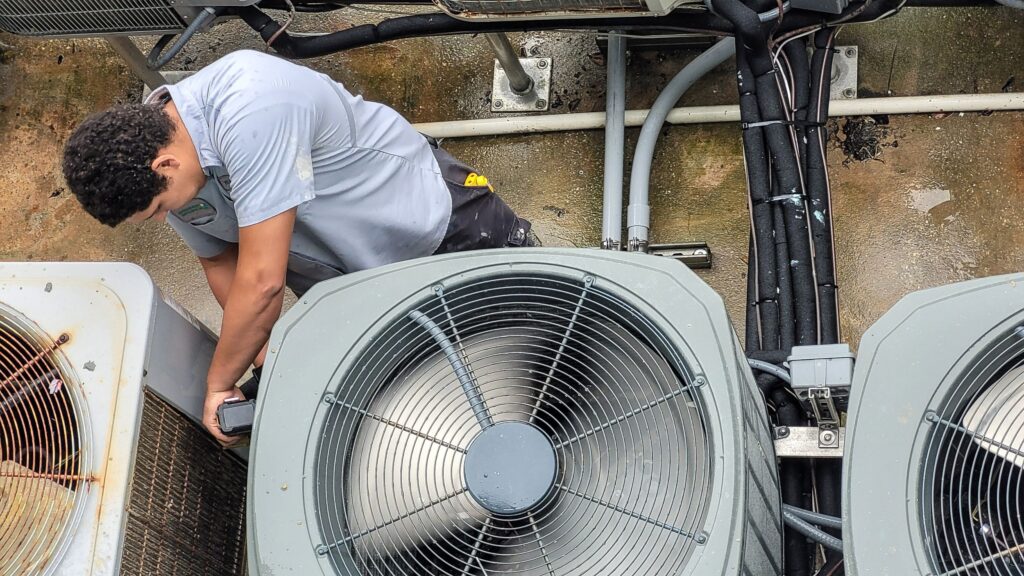
Whether you are in need of AC unit protection, or having general AC performance problems, the team at S&P Heating is here to help. We offer fast, affordable, and professional service to keep your system running smoothly—rain or shine.
Don’t let local weather wear your system down. Schedule your seasonal AC service today and get ahead of breakdowns before they start.
FAQ: Weather and AC Repairs in St. Clair County
Can lightning storms damage your AC unit?
Yes, lightning can cause severe electrical damage to your AC. A direct hit or power surge can fry the control board or compressor. Even nearby strikes can send surges through your home’s electrical system. Using a surge protector designed for HVAC systems is a smart way to safeguard your investment during storm season.
Does snow buildup affect the AC unit in winter?
Definitely, snow and ice buildup on or around the outdoor AC unit can cause rust, freeze components, or even warp the fan blades. If you experience heavy snowfall, it’s best to clear the area and use a breathable, weather-rated cover to protect the unit without trapping moisture inside.
Are certain AC brands better suited for extreme weather?
Yes, some brands and models are specifically built for high-humidity or high-temperature regions. These units may have enhanced weatherproofing, upgraded coil protection, or stronger fan motors to withstand condenser fan stress. It’s always a good idea to consult an HVAC pro when choosing a unit that fits your local climate.
Next Up: How AC Repairs Improve Energy Efficiency in St. Clair County Homes
Want to know how fixing that “little issue” can slash your monthly bills? Don’t miss our next article: How AC Repairs Improve Energy Efficiency in St. Clair County Homes. Let’s keep your cool—and your wallet—in check!

